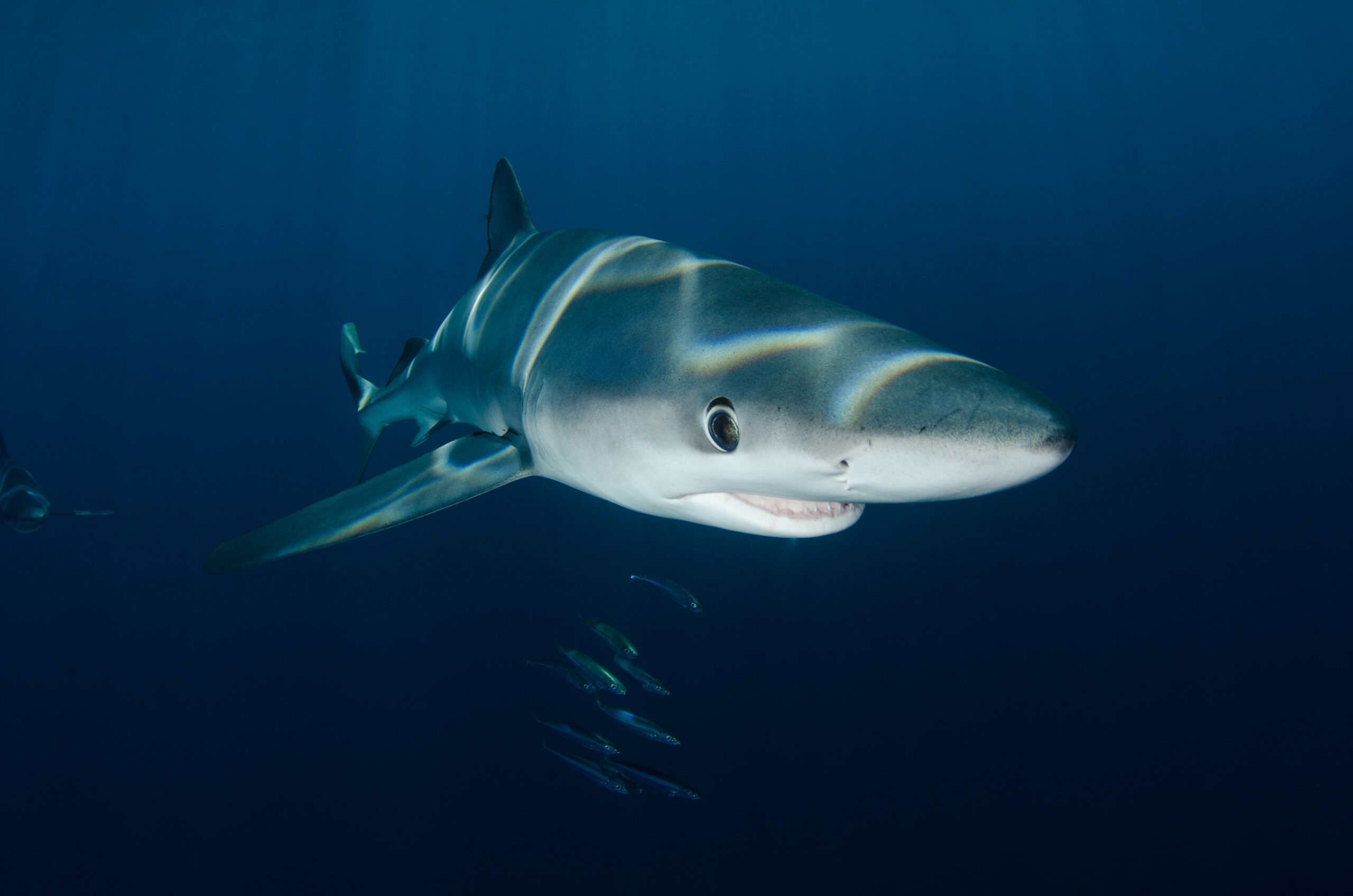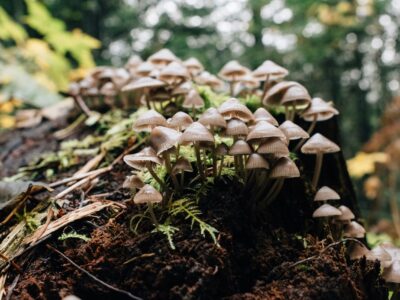We’re on the verge of yet another Shark Week (July 23-29) on The Discovery Channel.
When I think about sharks and shark shows, the first thing that comes to mind is Jaws. The next thing that comes to mind is Sharknado. And the third thing that comes to mind is Soul Surfer.
I don’t have warm, fuzzy feelings about sharks.
Sharks are a haunting threat to my otherwise idyllic beach vacation. I can be in my own personal paradise, floating in the ocean and dodging crashing waves for hours… until something brushes my shin.
It must be a shark.
And back to the shore I go.
When Shark Week rolls around, it’s hard for me to imagine having compassion on this ruthless predator, and frankly, shows that extend some kind of compassion on sharks are not exactly easy to find.
And yet, God made sharks, just like he made ponies, puppies, and platypuses. They play a vital role in the ecosystem. They are worth studying and they are worth saving. According to the marine biologists in Journey to Shark Eden, “Sharks are the key to judging the health of a reef.”
Journey to Shark Eden
In Journey to Shark Eden, biologists travel to tiny, remote islands in the Pacific Ocean, hundreds of kilometers north of Tahiti, to try to find and explore pristine reefs that have been untouched by humans.
As the researchers explored four different islands, they found varying degrees of people’s impact on the environment, from the remnants of guano mining to non-native coconut trees to fishing wire and plastic bottles washed ashore. Even one of the most remote places on the globe isn’t out of reach of humanity.
Sharks need prey—lots of it. The typical shark needs to eat between .5% and 3% of its body weight each day (humans eat about 2% of their body weight daily). An adult bull shark might weigh between 200 and 300 pounds, so each one needs around 5 pounds a day to survive.
Because sharks need so much food everyday, scientists studying reefs can look at the presence of sharks to gauge the health of a reef. The more sharks there are, the more prey required. The more prey required, the larger and more abundant the prey’s own food sources (on the reef) have to be.
But when the research biologists arrive on the most remote reefs, what they discover upends this common and anticipated food pyramid. Instead, on the healthiest reef, biologists found many, many more sharks and fewer prey, although the biodiversity and number of actual plant eaters was still quite substantial. Out this far, the health of the reef allows the plant eaters to reproduce more rapidly, which is how the reef is able to sustain such a large population of sharks.
According to the biologists in Journey to Shark Eden, sharks are “the key to preserving the health of the oceans and ensuring our own survival.”
Finding the Love: Faithifying Your Viewing
If the rest of the animal kingdom was as cognizant, organized, and wily as human beings, we’d have far more to fear than a casual piece of seaweed grazing against our legs. Which species in all of the world has impacted the survival of every single earthly species more?
Homosapiens. Our species.
If they could do it, there would likely be a whale and dolphin rebellion in our oceans, or perhaps a wolf and bear coalition in the West, or a panda partnership in the East. There would be an animal kingdom throwdown.
Sharks land in the same category for me as snakes, spiders, wasps, and centipedes. If I were designing the kingdom of earth, these I would have chosen to do without. I am all for saving whales and dolphins (so cute!), wolves and bears (so awe-inspiring!), and red and giant pandas (so cuddly!). But sharks?
It’s hard to love the ones you love to hate – or fear.
Jesus knew that, and so he told his followers, “You have heard that it was said, ‘Love your neighbor and hate your enemy.’ But I tell you, love your enemies and pray for those who persecute you, that you may be children of your Father in heaven. He causes his sun to rise on the evil and the good, and sends rain on the righteous and the unrighteous. If you love those who love you, what reward will you get? Are not even the tax collectors doing that? And if you greet only your own people, what are you doing more than others? Do not even pagans do that? Be perfect, therefore, as your heavenly Father is perfect.” (Matthew 5:43-48 NIV)
How can this be, when sharks are our enemies?
Image: Karl Callwood
Here they are, part of the grand scheme of harmony and diversity on earth. In fact, not only are they something we ought to tolerate, they’re a measure of health in underwater communities. They balance the ecosystem. They remove the weak and the sick from the ocean. Their presence indirectly impacts the health of the whole ocean ecosystem.
What if, knowing there needed to be balance, God designed objects of wrath, predators (like us) to keep and to tend the underwater kingdom he loves? What if God loves sharks and wants us to love them as well?
It’s easy for me to make assumptions about the animal kingdom based on my personal encounters with creatures and what I know about their character. Through hearsay, I can assume all kinds of things about animals, and people. For instance, it seems crazy to me to swim with sharks, and yet, in Journey to Shark Eden, that’s exactly what the photographers and biologists do.
Humans aren’t their food. Sick and weak fish are their food.
In his letter to Ephesians, Paul reminds us who exactly is our enemy, because it isn’t other people. It isn’t even snakes, or spiders, or sharks. It isn’t even death. “For our struggle is not against flesh and blood, but against the rulers, against the authorities, against the powers of this dark world and against the spiritual forces of evil in the heavenly realms” (Ephesians 6:12 NIV).
Our struggles are against corrupt systems that give gluttony and greed free reign over other species, against arrogance and pride about being the top of the food chain, against apathy and boredom, all of which prevent the love of Christ from flowing through the body of believers into all other people and creation.
Sharks are not our enemies. They are fellow servants of the seas, helping to keep coral reefs, kelp forests, and seagrass beds pristine places where life can flourish.
When we excavate under our fear to understand better our enemies, we find purpose, design, and complexity. We find the same cell structures, basic needs, same desires (to be fruitful and multiply). And when we find compassion, we grow in love. Even for our enemies. Even for sharks.





 Copyright
2024
Root and Vine
Copyright
2024
Root and Vine